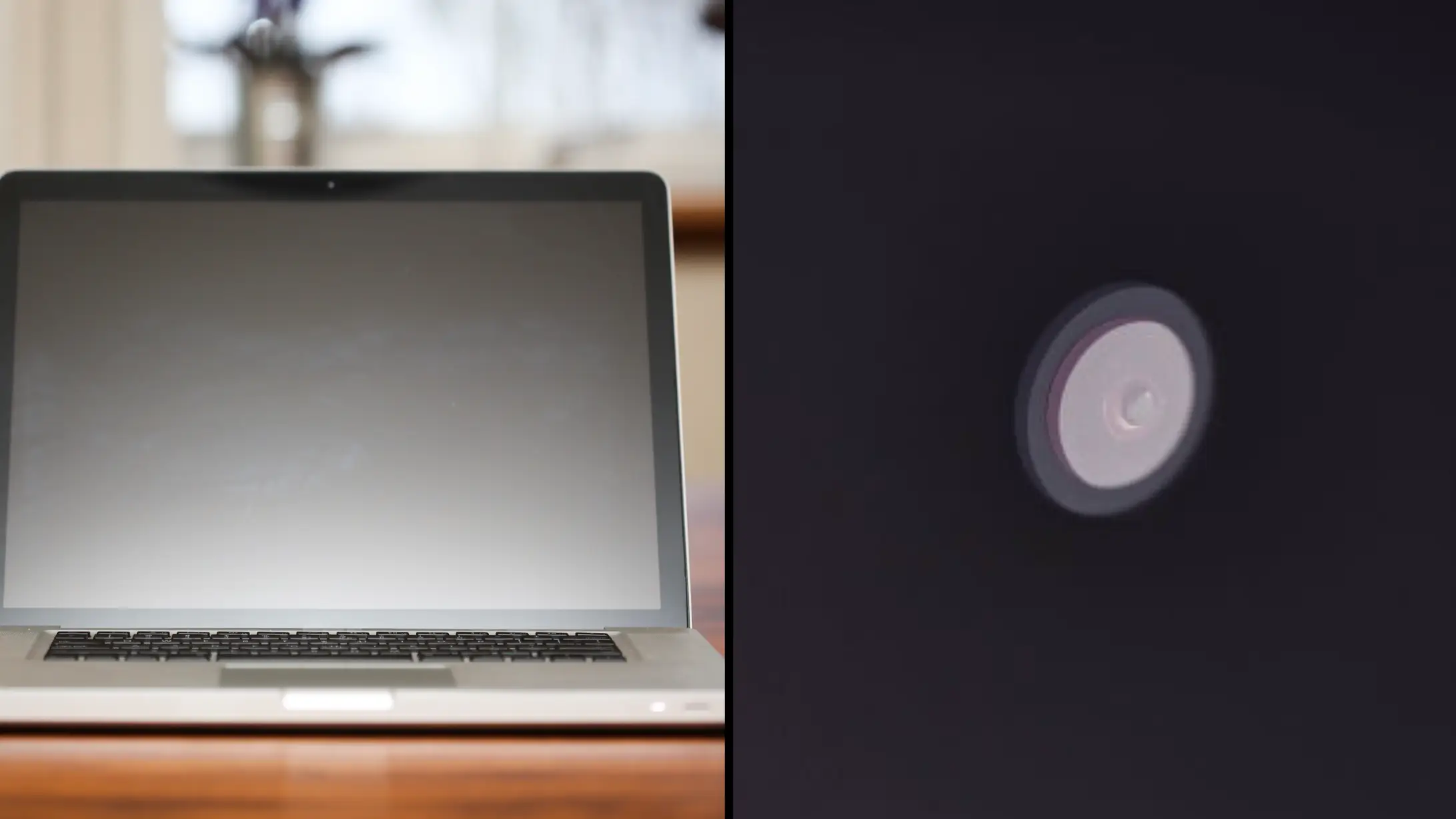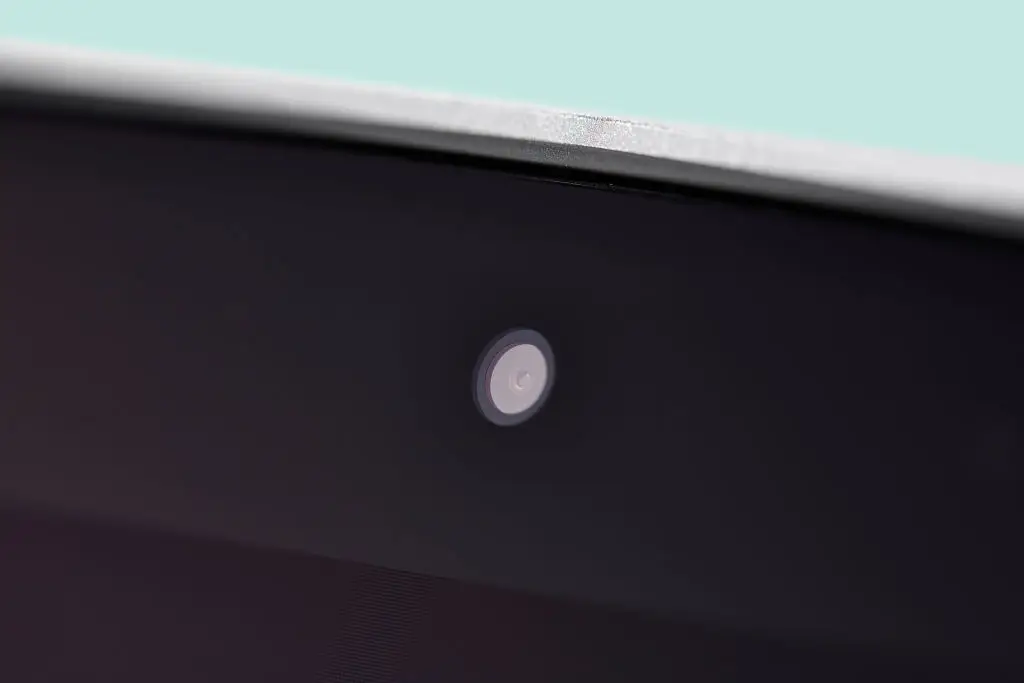
A school spying on its students via webcam may sound like the sort of thing which has been ripped straight from a Black Mirror episode, however it was a very real case which occurred in the US state of Pennsylvania back in 2010.
Known as the Robbins v. Lower Merion School District case, or more simply 'WebcamGate', it alleged that around 2,300 students were watched in the privacy of their own homes.
At the beginning of the 2009-10 school year, students across the Lower Merion School District were issued with a MacBook to use both at home and in school. The project was covered by education grants.
Each of the laptops had tracking software downloaded to counteract theft of the laptops, this included the now discontinued Theft Track.
Advert

The software meant that, unbeknownst to the students, school officials were allegedly able to remotely activate the webcams on the laptops, take photos of the students in their homes and upload the screenshots from the webcams as well as web browsing and instant messaging.
The school district's illicit activities were blown wide open in late 2009 after student Blake J. Robbins, then a sophomore at Harriton High School, discovered that his webcam had been activated covertly.
Robbins would later learn of the covert tracking in November when he was called into the vice-principle's office and accused of engaging in the consumption and sale of drugs, with covertly captured webcam images used as 'proof'.
Robbins called the accusation 'completely false'.
After revealing what had happened to his parents, the Robbins family decided to bring forth a lawsuit on behalf all pupils provided with laptops by the school.
A second student named, Jalil Hasan, would later file a complaint for invasion of privacy.
It came after his family learnt that Hasan, who was 17 at the time, had been covertly monitored via his webcam for a period of two months.

The case would eventually be settled in October 2010, with the district agreeing to pay $610,000 to settle both suits.
The settlement saw $175,000 and $10,000 being placed in trusts for Robbins and Hasan respectively, with the students' attorneys receiving $425,000.
At the time, the Lower Merion School District issued a statement that said in part:
"We believe this settlement enables us to move forward in a way that is most sensitive to our students, taxpayers and the entire school district community. The agreement is comprehensive, and effectively resolves all components of the laptop litigation, including the Robbins and Hasan cases and the Graphic Arts insurance case.
"It is the product of a lengthy, court-ordered mediation involving the active participation of Judge DuBois and Chief Magistrate Judge Reuter. The terms of the agreement have been thoroughly reviewed in a number of executive sessions over the past few weeks. Throughout the entire process, the Board has aggressively sought to protect the interests of our taxpayers.
"Earlier this summer, the U.S. Attorney's Office, the FBI and the Montgomery County District Attorney cleared the District, and its employees - current and former -- of any criminal wrongdoing. That was an important moment for us -- it confirmed the results of an independent investigation and the District's own initial findings. The District acknowledged and apologized for any mistakes and addressed them immediately. We revised our policies and procedures, reaffirmed our commitment to technology and put safeguards into place to ensure the privacy of our students, staff and school families."
It added: "This settlement is not under seal because as a public entity, we have a responsibility to report all terms of the agreement.
"Although we would have valued the opportunity to finally share an important, untold story in the courtroom, we recognize that in this case, a lengthy, costly trial would benefit no one. It would have been an unfair distraction for our students and staff and it would have cost taxpayers additional dollars that are better devoted to education.
"We also wanted to be sensitive to the welfare of the student involved in the case, given the possible ramifications of what would have been a highly-publicized trial.
"Bottom line, it is time to resolve this matter and ensure that the District's resources are focused squarely on educating our children."
Topics: US News, Technology